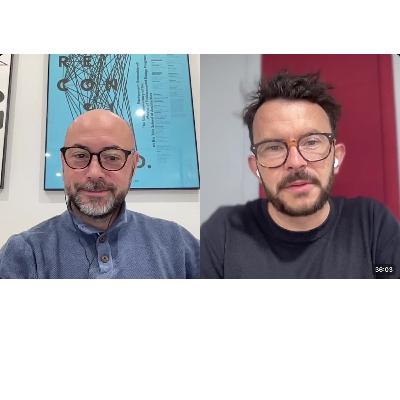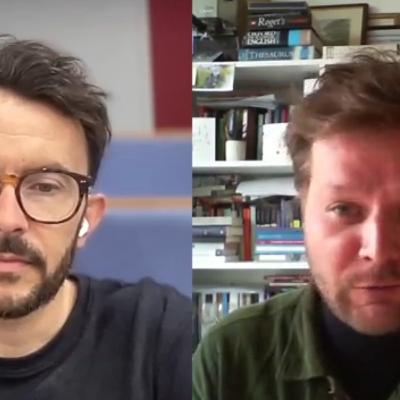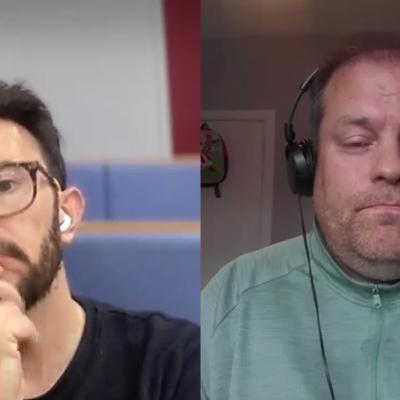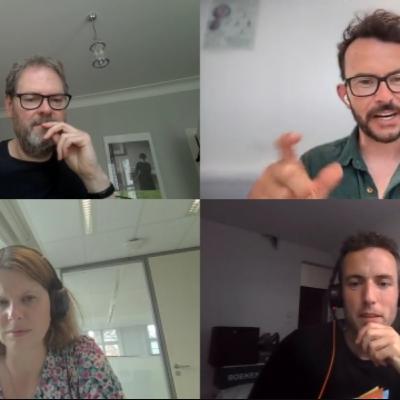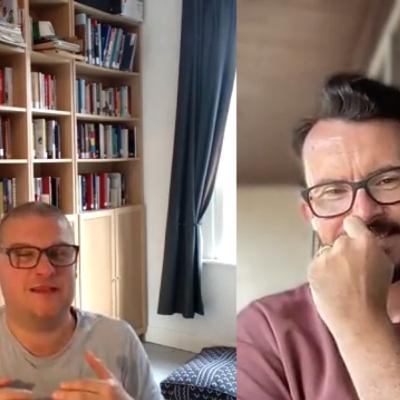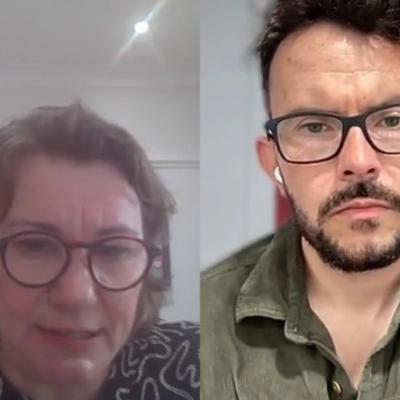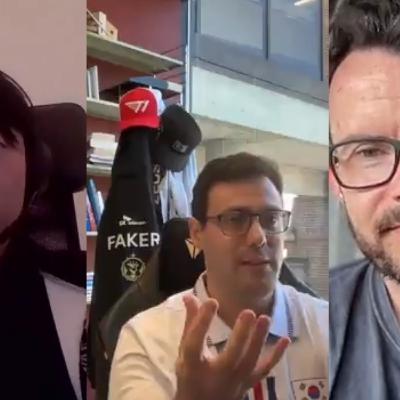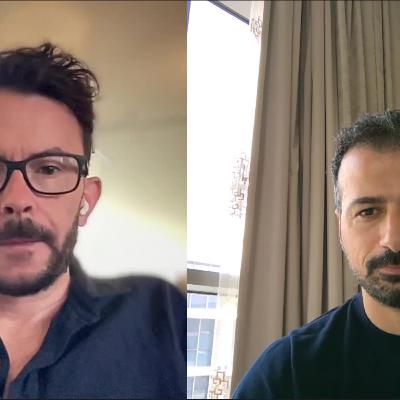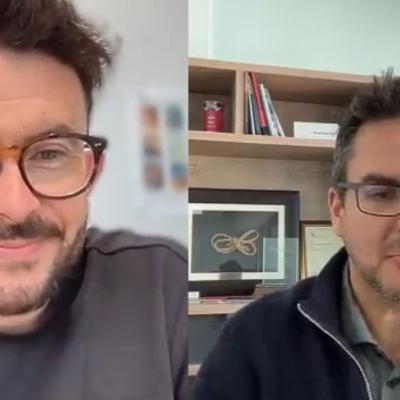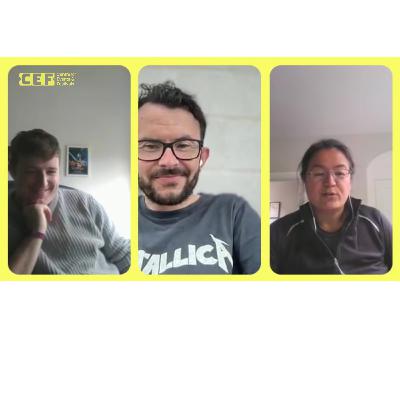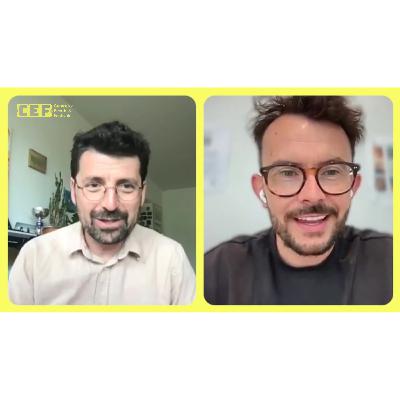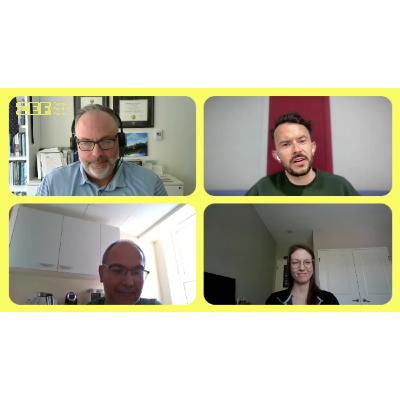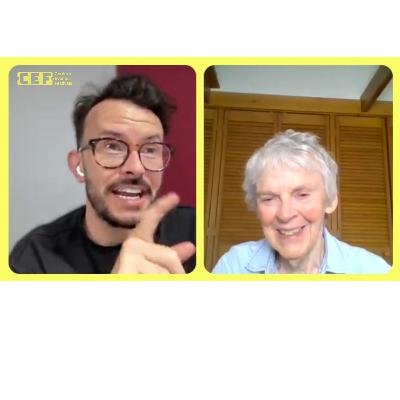What Did the Berlin 1936 Olympics Teach Us About Sport and Soft Power?
Description
The 1936 Berlin Olympics provided the world’s first systematic blueprint for using global sporting events as instruments of soft power, propaganda, and image management. Through spectacle, architecture, and ritual, Nazi Germany constructed an alluring but misleading narrative of modernity and unity—while concealing oppression and persecution. Nearly a century later, this model persists. From Beijing 2008 to Qatar 2022, mega-events continue to project curated national images, often masking uncomfortable truths such as human rights abuses, social displacement, or geopolitical ambition. This podcast critically examines how both authoritarian and democratic hosts exploit spectacle as a tool of political storytelling. It argues that without greater transparency, accountability, and protection for dissenting voices, global events risk becoming sophisticated instruments of manipulation, not celebration. Understanding the enduring influence of Berlin 1936 is essential for ensuring future events serve society—not just state agendas.

